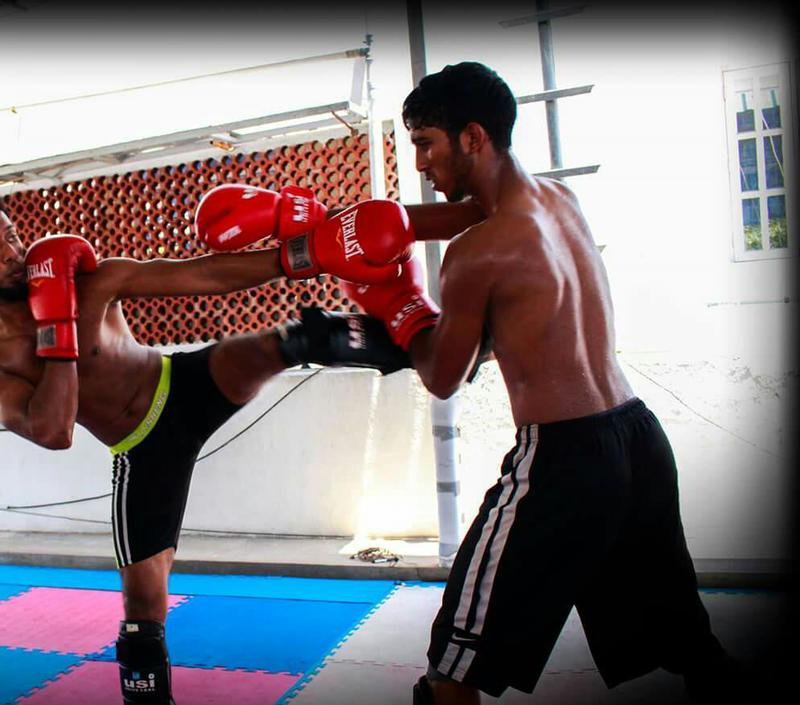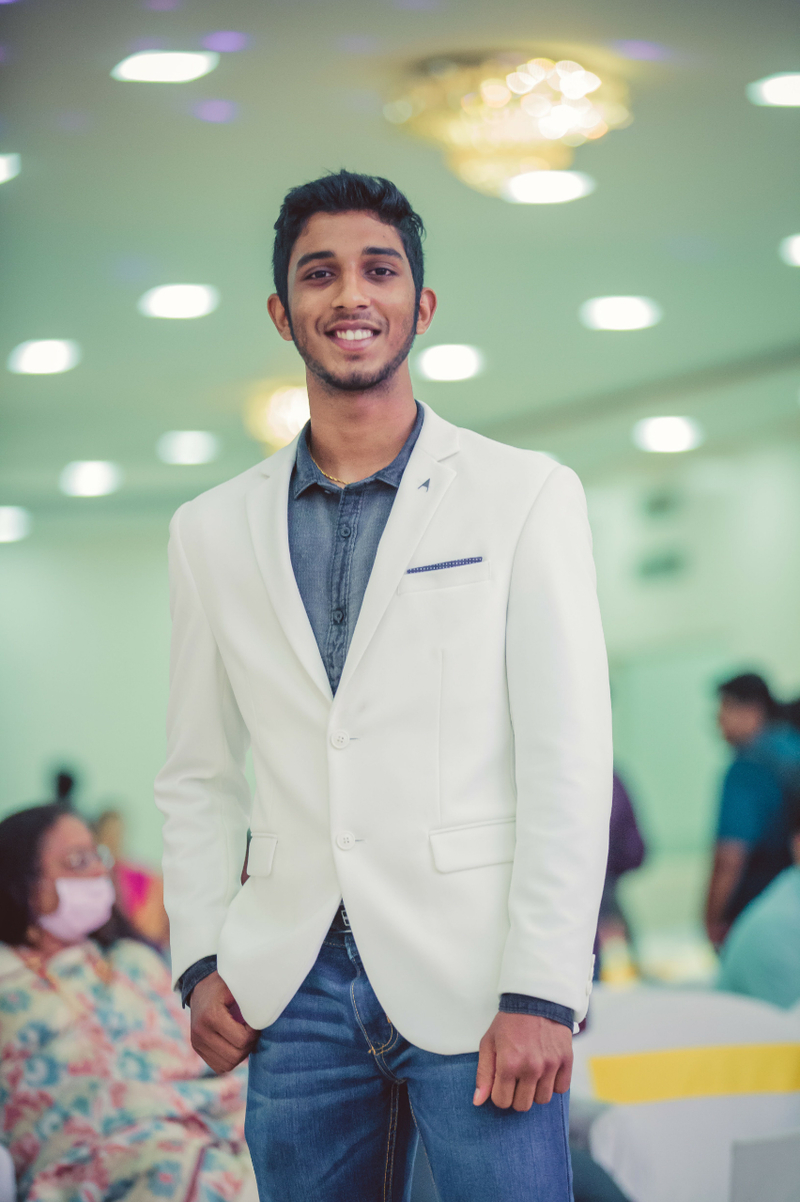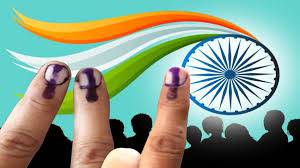When he’s not fighting in the ring, Kaushik Saikumar, a second year mechanical student at CEG is busy preparing for his next big win in mixed martial arts (MMA). The combat sport which is slowly gaining popularity in the country caught the interest of Kaushik when he was little. The Guindy Times caught up with him for a free-wheeling chat.
Why mixed martial arts?
- Mixed Martial Arts has always fascinated me. To others, it might seem like a testosterone-filled sport where two mad men fight each other but, there’s a lot more to it. The important thing to remember in MMA is that technique overpowers strength.
Do you identify yourself as a testosterone-filled alpha male guy?
- No (laughing), I don’t. I’m definitely not an alpha male. I am a different person inside the ring and a totally different person outside. I don’t get angry or aggressive in the ring either. I don’t vent out my frustration on the opponent nor do I get any pleasure from beating someone up. If my technique works, I’m happy. That is all there is to it. It’s just a sport to me.
How did you get exposed to MMA?
- My love for MMA started when my mom put me in a karate class. It’s a contact sport (i.e. it requires physical contact with the opponent) and there are a lot of restrictions. As I grew up, I wanted to go into other contact sports. Later, I took up Taekwondo, which is faster than Karate. I wanted to start MMA training when I was in high school but my parents didn’t approve. They thought it was archaic and barbaric. But, after much persuasion, they said I could do whatever I wanted after I finished my schooling. If not for that, I’d have started training in my 9th grade. However, I would still go to coaches who trained students as a hobby and learnt a lot from them. Because of this, I had an edge over other people when I formally started MMA coaching. Needless to say, as soon as school got over, I began to pursue MMA.

What do your parents think about MMA now?
- I think my parents are kind of okay with it now. There was too much drama initially but now, I’ve convinced them to support me. They’ve asked me to stop this ‘MMA madness’ numerous times, but I’ve always held my ground no matter how tough it got.
Did your parents express disapproval because you couldn’t cope up with college simultaneously?
- Not at all. This has nothing to do with balancing my life or managing my academics alongside MMA. My parents don’t like the idea of MMA itself because they think it’s barbaric. They’re not conservative, per se. They’re worried about my safety and I can understand their concerns.
What’s the difference between an amateur fighter and a professional fighter?
- The difference between an amateur and a professional has nothing to do with who is better. Once you start fighting as a professional, there’s a record of every single fight you’ve participated in (like a scoreboard), whereas amateur fighters fight to gain experience and there’s no record of the fights they’ve won or lost. You can become a professional fighter whenever you want; it’s your choice.
Could you tell us your favorite MMA moment?
- A couple of months ago, I went to Mumbai for the YODDHA fighting championship, the number one league in India for amateur fighters. Only the top 10 fighters in India are selected under each category. I was pitted against the striking coach of Nagaland. The Nagaland team is really strong because of their fierce and intensive training. Some even practice full-time without attending school or college. Naturally, there was a lot of support for him and the entire crowd cheered for Nagaland. I am usually undeterred and confident when I fight, but having been affected by dengue that day, I was worried. However when the match started, it was unexpected and I ended up winning. I was really happy with myself. But that was just the beginning for me.
How often do you train?
- I train for a minimum of 3 hours a day. Fighting in the ring is very different from training. I’ve been training hardcore for the last 10 months. I would train before that too, but not as intense as I do now. I used to work out every day and train by myself at the gym ever since I finished school. Now, I train under amazing coaches who push me every day to do my best.
Tell us about one of your international experiences?
- When I was in school, I went for an Under-16 Kyokushin tournament where I represented India. In the finals, I was pitted against a guy from Africa. He played really well and I ended up getting second place. It was the first time I fought foreign opponents and also the first time I lost on a big stage.
Do you think people living abroad get more exposure than we do?
- Absolutely! In India, there is very little support or sponsorship when it comes to sports. As you might know, there’s always corruption and ignorance, which is why we don’t see a lot of medals being won. However in other countries, the government sponsors their fighters and provides them with all the necessary facilities. They get the right training that they require, which our country lacks.
What do you have to say to the people who’re passionate to get into this field?
- If you want to succeed professionally, you have to persevere every day to get there. Also remember, smart work beats hard work any day. As for the parents, I think they should be broad-minded and open to new possibilities. They shouldn’t consider academics (engineering) as the only option. I wanted to pursue MMA full-on and do BBA in correspondence. Then, I realized having an engineering degree as a backup sounded much better, which is how I ended up here.
Are your parents proud of your achievements?
- Not much. They are worried about my safety. I think my dad will come around sooner than my mom. One day, they’ll see what I see.






